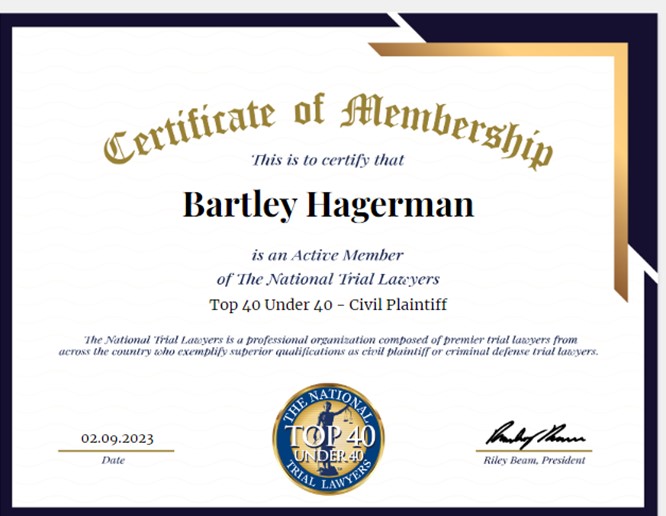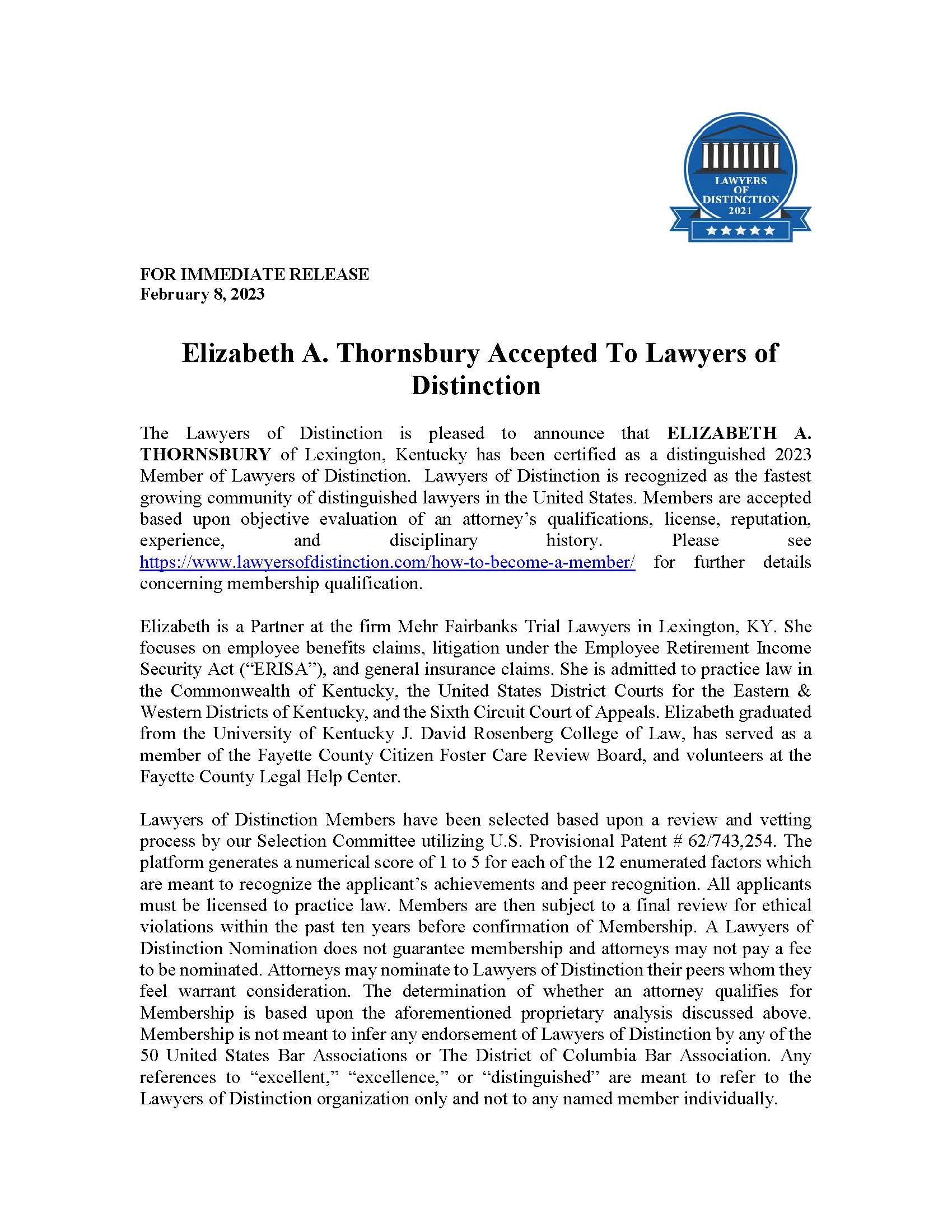
A pension plan is an employee benefit plan established or maintained by an employer (or employee organization) that provides retirement income for employees. Primarily, pension plans are funded by the employer. More recently, traditional pension plans are becoming less available. Companies have replaced them with alternative plans (like 401(k) retirement savings plans) because they are less costly for employers. Some companies, like UPS, still have pension plans in place for their employees. However, when UPS reclassified some of their positions from nonunion to union it negatively impacted those employees’ pension plans. Consider the following:
Ralph Gragg worked for UPS as a driver hauling freight for approximately thirty years. When UPS decided to reclassify Mr. Gragg’s position, he transitioned from being a nonunion worker to a union worker. With his new classification status, his pension plan would then be funded by two distinctly different pension plans that existed within UPS. Each pension plan had a “Social Security Leveling Option” that would “increase the beneficiary’s monthly benefit before age 65 and thereafter reduce it by the amount of his Social Security benefit.” Gragg v. UPS Pension Plan, 55 F.4th 1059, 1061 (6th Cir. 2022). Mr. Gragg selected the “Social Security Leveling Option” for both of his pension plans. Each plan sent Mr. Gragg a letter that indicated what his payments would be before and after receiving his Social Security benefit. Each plan indicated that his monthly payment would be reduced by $1754 (the anticipated amount for his Social Security benefit).
However, when Mr. Gragg retired and began collecting his Social Security benefit each plan was reduced by his Social Security benefit for a combined total of $3508. When Mr. Gragg inquired about the discrepancy with each plan individually, they both responded with complicated messages that, in the end, indicated that the “reduced benefit amount was the correct amount.” Id. So, in November of 2020 Mr. Gragg filed a lawsuit against the UPS Pension Plan. He asserted a claim under the Employee Retirement Income Security Act, 29 U.S.C. § 1132 (a)(1)(B), that alleged that both pension plans paid him less than he was entitled to each month. Namely, $1754 less due to both plans being reduced by that exact amount.
 Kentucky ERISA Disability & Life Insurance Claim Lawyers
Kentucky ERISA Disability & Life Insurance Claim Lawyers
























